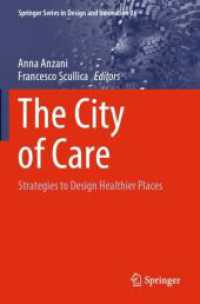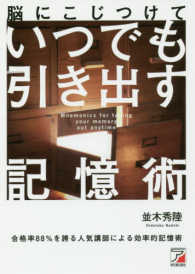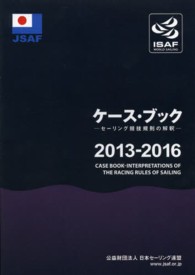Full Description
Individuals and firms can improve their performance through collaboration and competition. However, it is still an open question how collaboration and competition schemes can be optimally designed and incentivized in order to exploit their full potential. Jonas Heite investigates this question by assessing efforts to stimulate R&D collaboration and by examining properties as well as underlying mechanisms (e.g., effort, risk, confidence and stress) of ability configurations in contests. Based on three large-scale economic studies covering laboratory, field and natural experiments, the author applies novel and sophisticated econometric methods to provide causal empirical evidence that yields important implications for policymakers, managers and researchers.
Contents
Subsidized R&D collaboration: The effect of innovation vouchers on innovation activity and performance.- Choking under pressure: The effect of asymmetric contests on effort, stress and performance.- Performance in contests: The role of risk and confidence.








